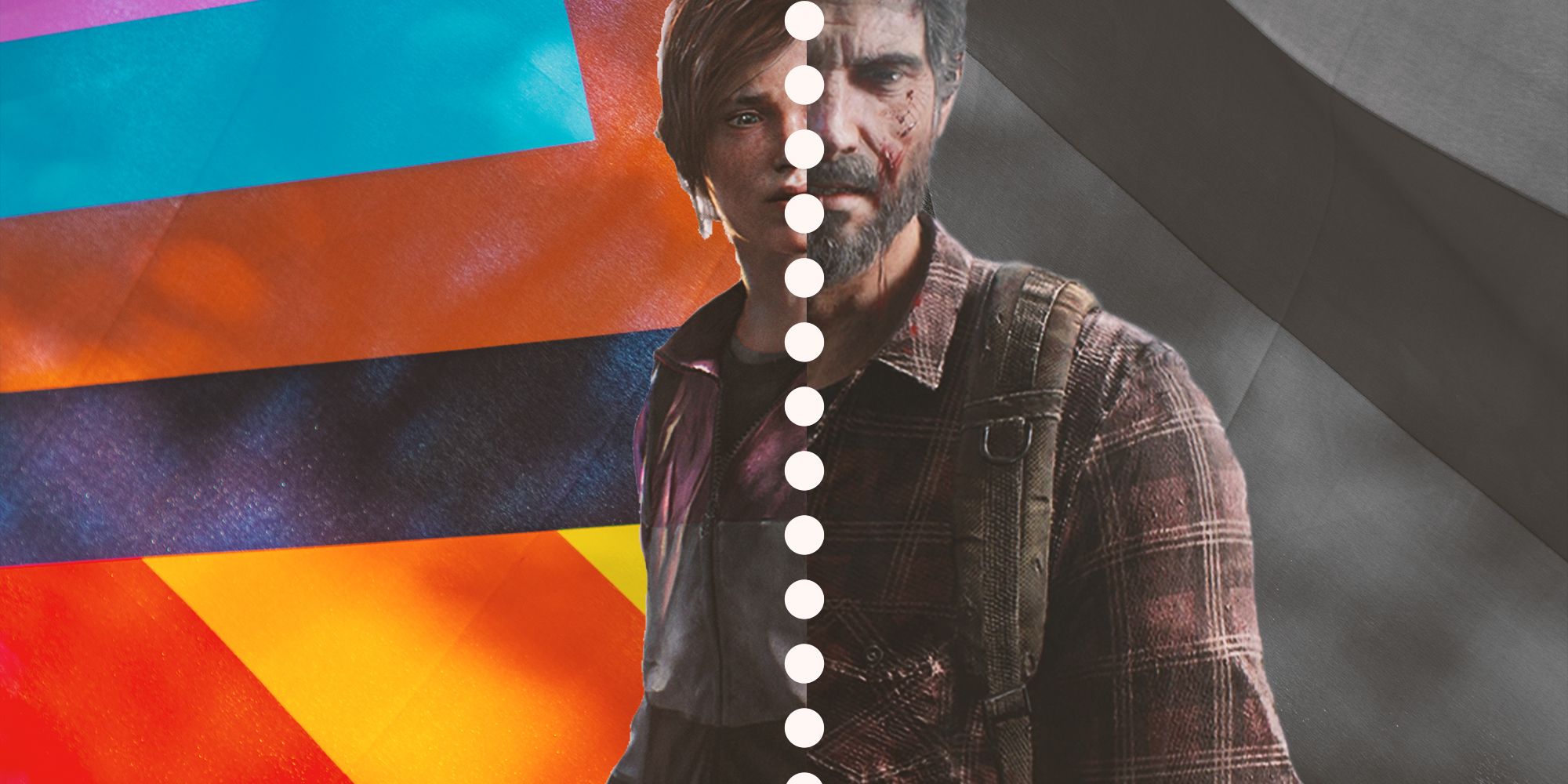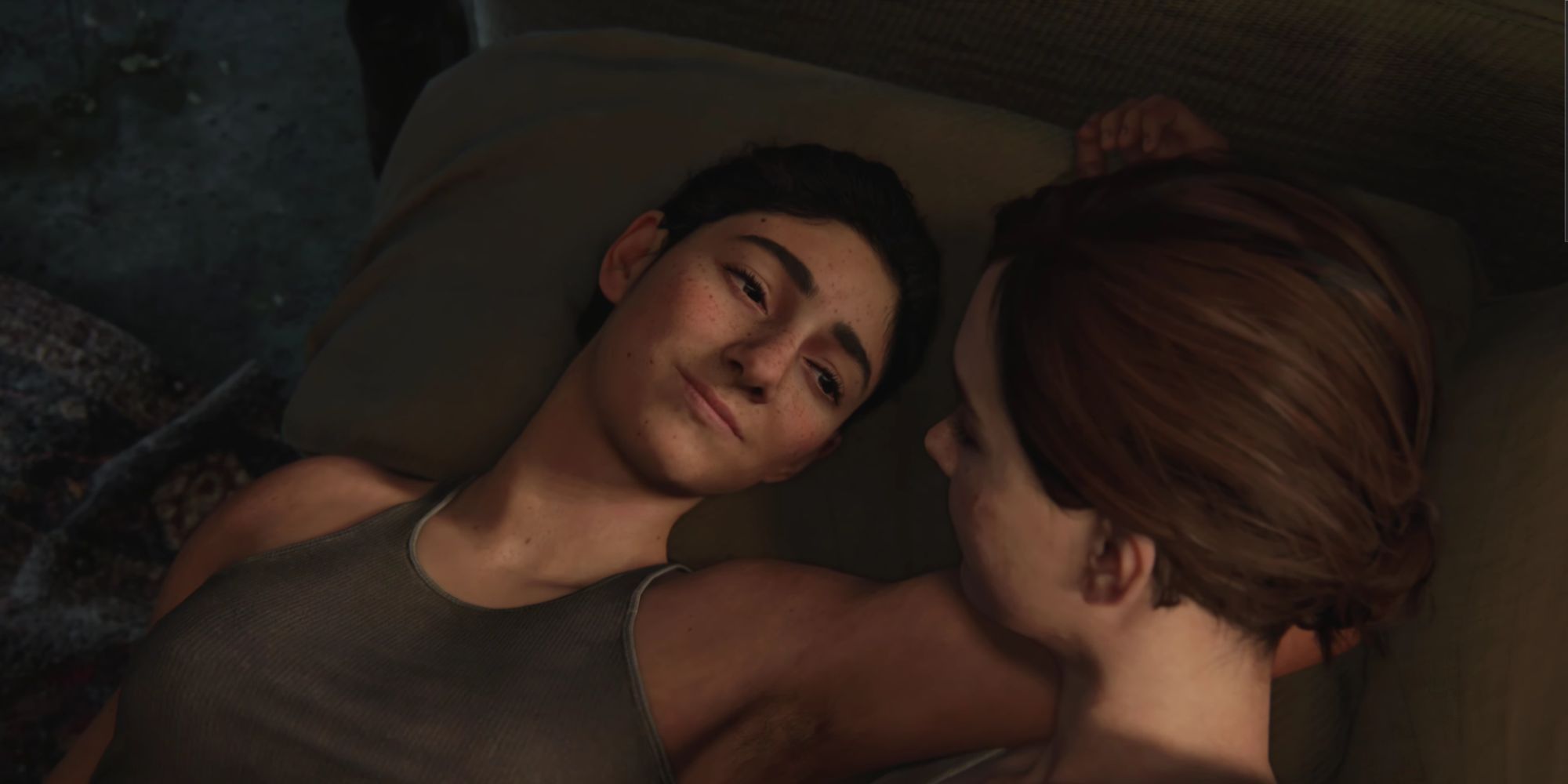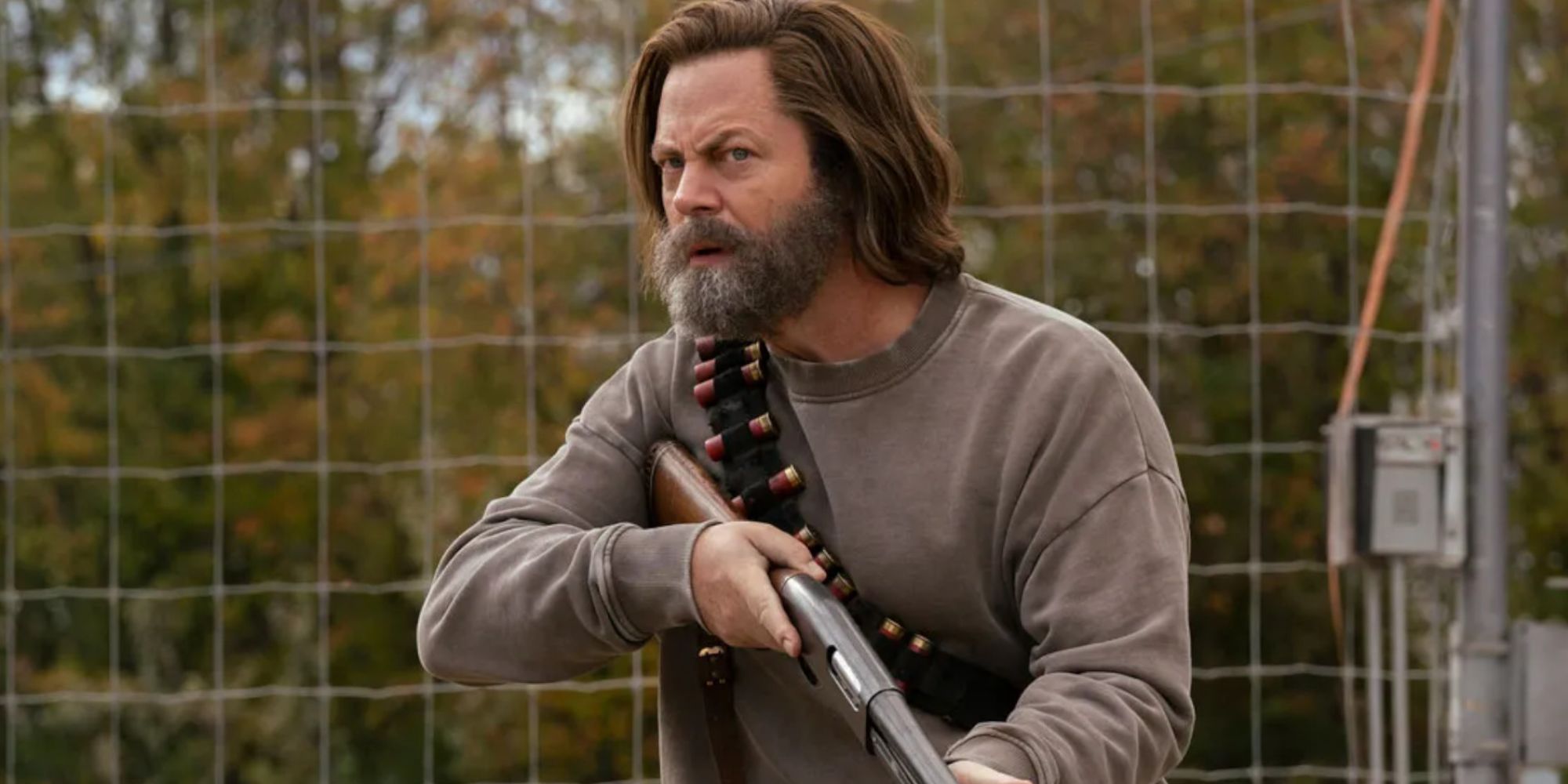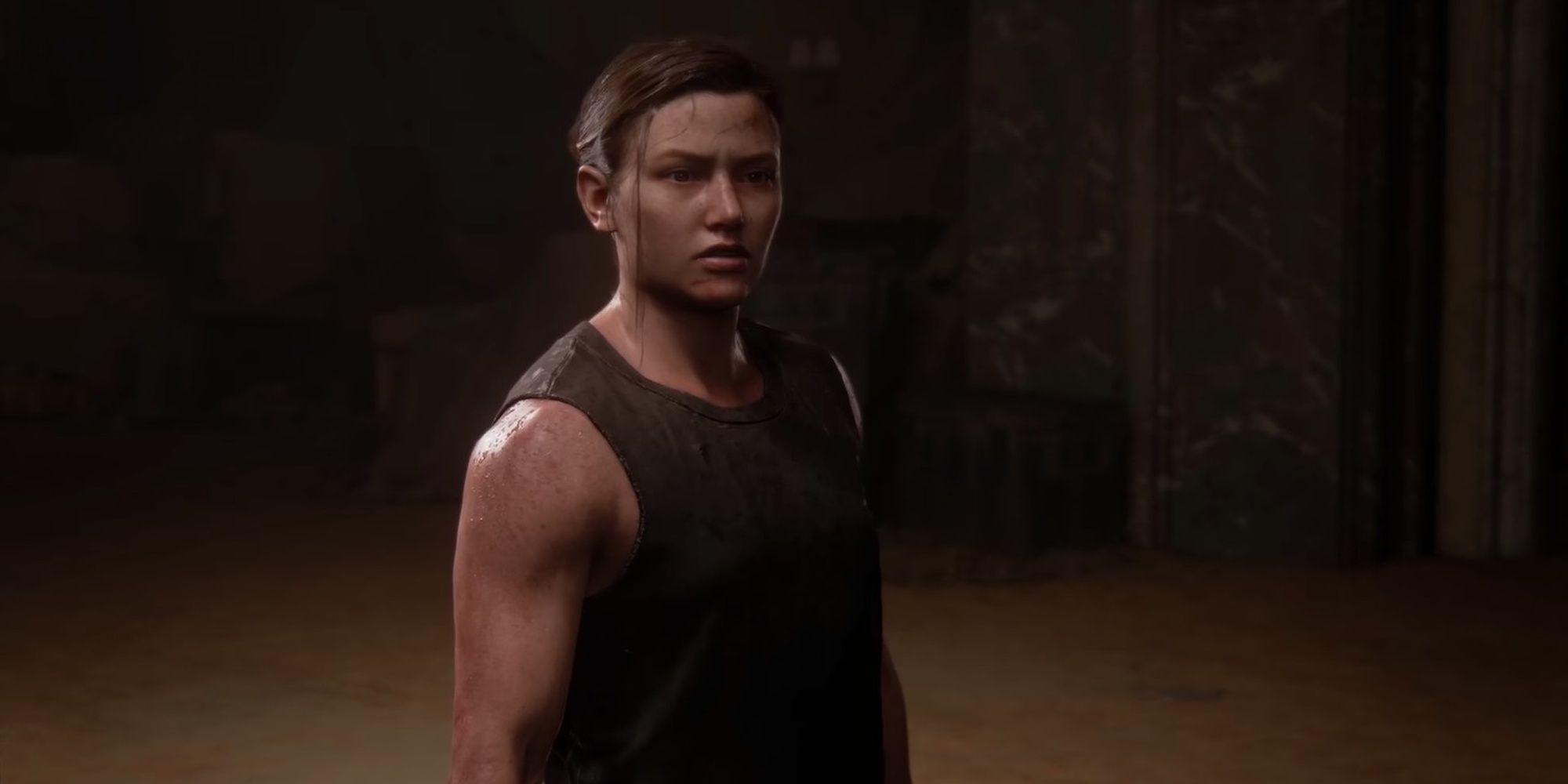The Last of Us is a story about a straight white vigilante fighting his way across America to protect his family, dealing violent retribution to the dregs of society as he goes, before eventually deciding that protecting his loved ones at all costs is more important than humanity itself, stopping at nothing to protect his family. It's also, somehow, the wokest piece of media ever created. The Last of Us is too woke for some, not woke enough for others, and maybe it's just about time we stopped seeing every piece of art against a pass/fail woke metric. Maybe we should start thinking for ourselves and not worrying if our enjoyment of or displeasure with a video game/TV show fits with a self-invented and performative image of ourselves and the cultural ideology we have decided we adhere to.
This is not to say we should ignore art's place in this ideology, and consider what viewpoint it puts forward, or what it says about the world. But if those considerations are just a string of equations designed to figure out how 'woke' something is, they don't seem to be worth all that much. The fact is, there is plenty in The Last of Us that might be described as 'woke', while the plot, characters, and several of the biggest set-pieces are exactly like the sort you'd see in the direct-to-streaming military glorification spectaculars Chris Pratt and John Krasinski star in on the down-low. It's too woke. It's not woke enough. Does that mean it's for everyone? For no one? Or does it simply mean that 'wokeness' is a terrible metric by which to judge art, especially when it's in service of nothing.
The 'wokeness' in The Last of Us is very obvious. Its central character is a lesbian, and it recently dedicated an entire episode to a gay couple largely ignored in the original story. In the game's sequel, we not only play as said lesbian character, and meet a trans boy who has significant bearing on the story, but we also play as the muscular, atypically attractive woman who kills the protagonist of the first game - and she’s too woke. Of course, in the show we've just met Melanie Lynskey's character, who is not muscular and is typically attractive, and people are complaining that's too woke as well - maybe it's just all bullshit.
You could even argue it has been further highlighted by the casting - Pedro Pascal labels himself white, but is still Latino (unlike the game version of Joel), and while Bella Ramsay was a popular fancast, she recently came out as gender-neutral, though this was after the show started airing and she still uses she/her pronouns. But does any of this really matter? If your connection with a TV show is lessened because one of the stars has an ever-so-slightly different view of gender to you, in a way that would never inconvenience you, I think you might actually be the one who is looking to be offended by everything these days.
However, you don't need to look too hard to find the parts that aren't woke either. It's propped up entirely by a might-is-right attitude that casts Joel as the hero for his brutal deeds because he does them to protect his loved ones - a father enacting extreme harm on those who wish his daughter wrong is a pretty staunch conservative value. Then there's the fact that pretty much every Black character dies a horrible death after minimal screen time - in one case, the player must even repeatedly tap Square to bash her head in with a pipe in the most unnecessarily horrific death in the whole series.
Then there's the interpretations of the Israel-Palestine debate, which have been aided by Neil Druckmann comparing the game's themes in various podcasts to the time he saw an Israeli soldier mobbed by Palestinians and the "unfair" release of hundreds of Palestine prisoners in exchange for one Israeli soldier. It has been noted that the game views the the conflict between the Wolves and the Seraphites from a very Israeli perspective, where the invading aggressors who hold the power are the good guys, the smart guys, and those nutty guerrillas with hyper religious fixations and backwards, barbaric traditions must be wiped out for the good of humanity.
If we must put everything into binary boxes, siding with Israel is 'not woke', while siding with Palestine is 'woke'. By this metric, the series with a lesbian lead and muscular female protagonist who both decide that their quest for vengeance has left them hollow and choose to turn away from it, one to escape to freedom with a trans boy she raises as her younger brother, must be deemed extremely anti-woke.
The Last of Us is not unique in this regard. When conservatives claim to have been cancelled, their new thing is to claim The Matrix has got them. That's despite The Matrix being a metaphor for transness, the red pill a stand-in for hormone replacement pills, and the villainous Mr. Anderson so named for the male hormone androgens, which said red pills fight to reduce. But The Last of Us is special in that it straddles both lines and still can be seen as 100 percent woke or 100 percent not. The truth is never that clear, and we are all better for it.
It's important to interrogate these things. It's culturally significant that a game as huge as The Last of Us Part 2 has its two main characters be female, one also queer, neither designed as male-gaze heroines, and that it offers the best depiction of transness in a game of its scope. But it also can't be overlooked that the game is built on politics that many feel are divisive, imperialist, and conservative. Two things can be true, and both can help shape our understanding, appreciations, and discussions of The Last of Us - we just need to move past evaluating how woke it is.




